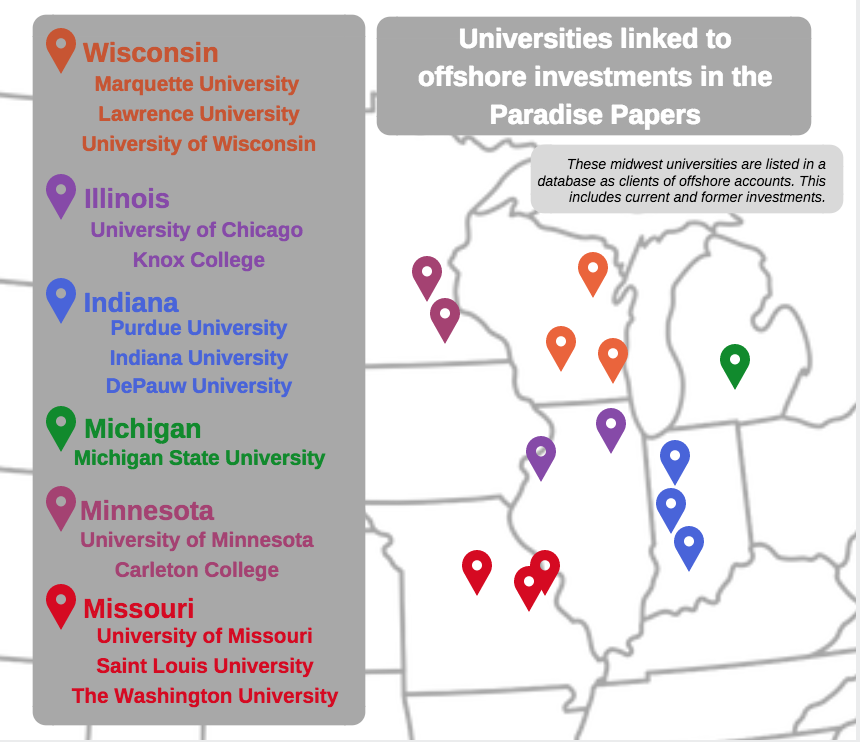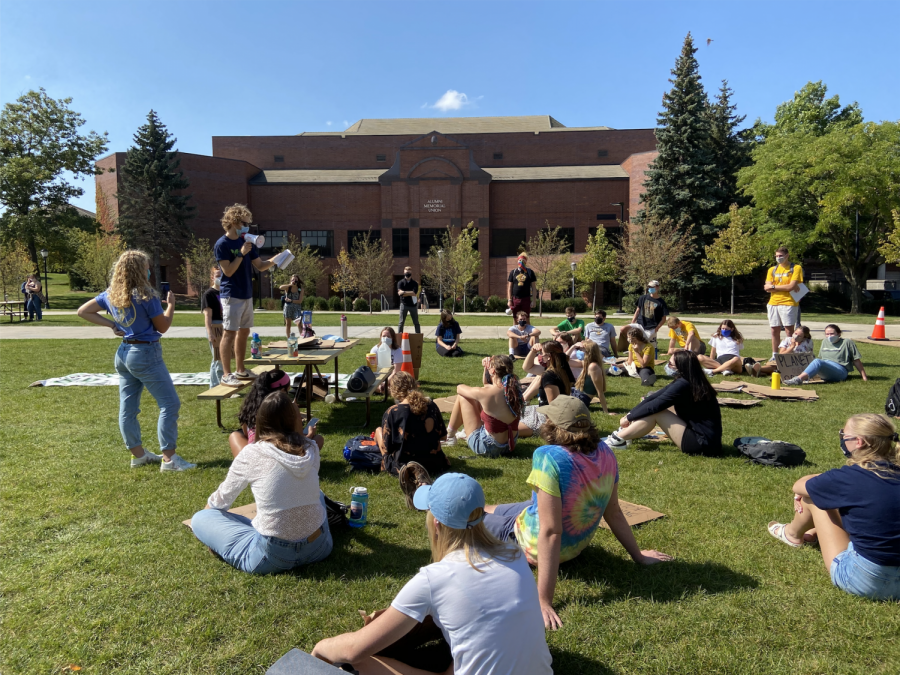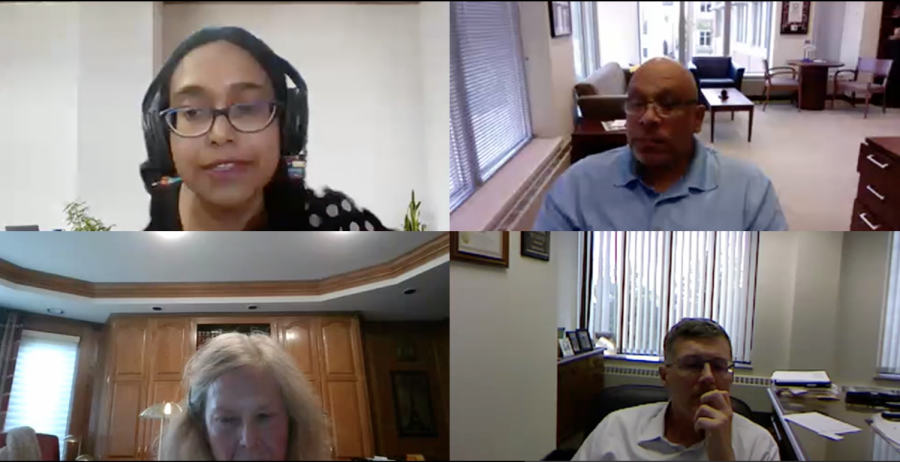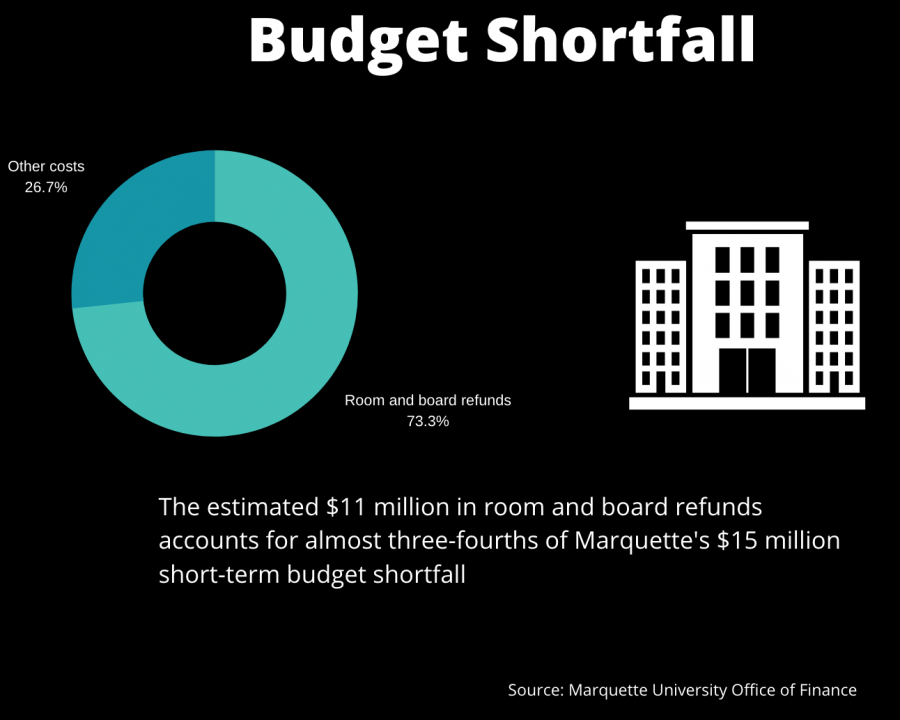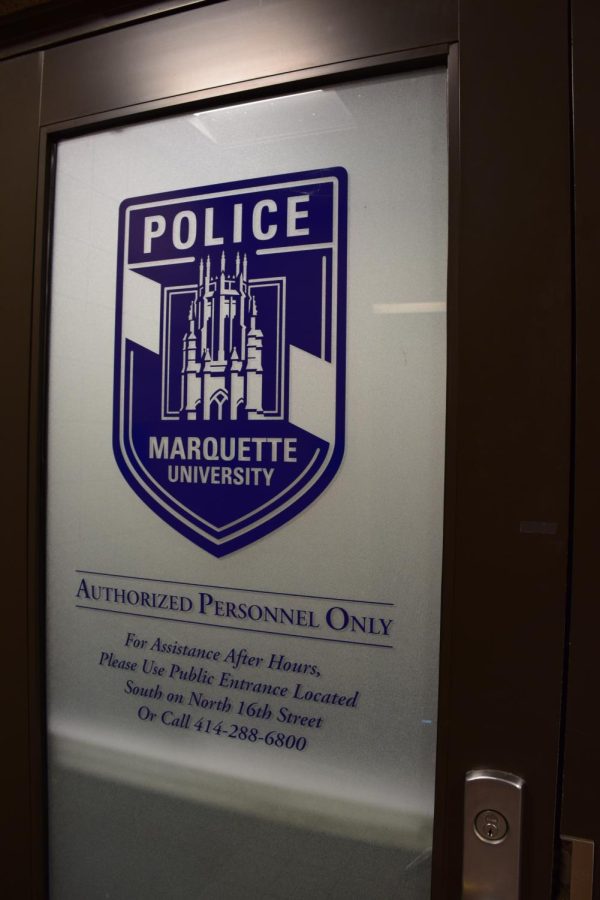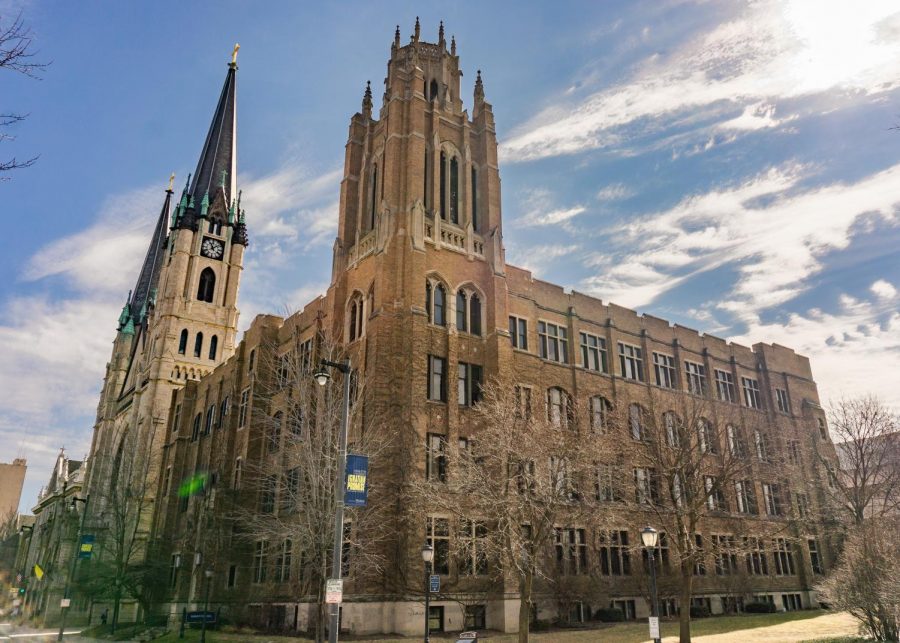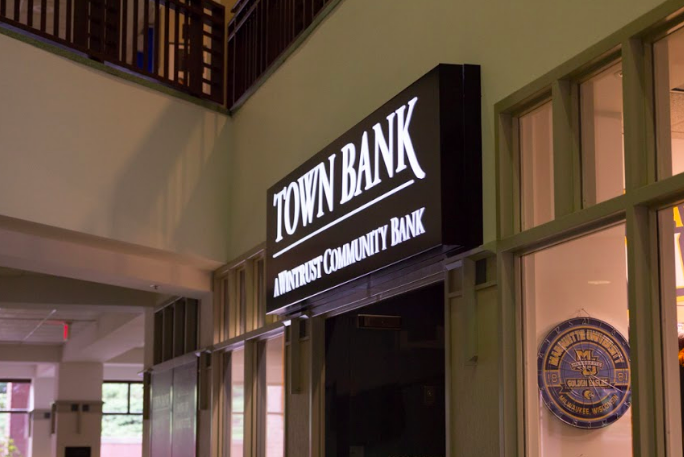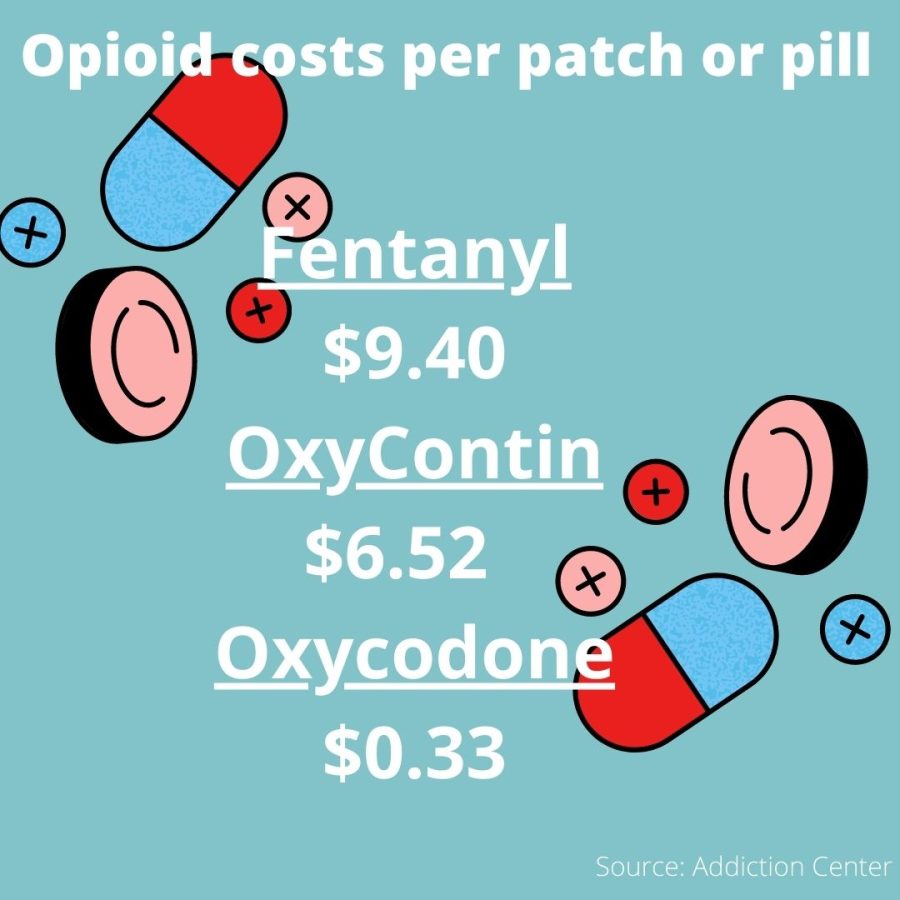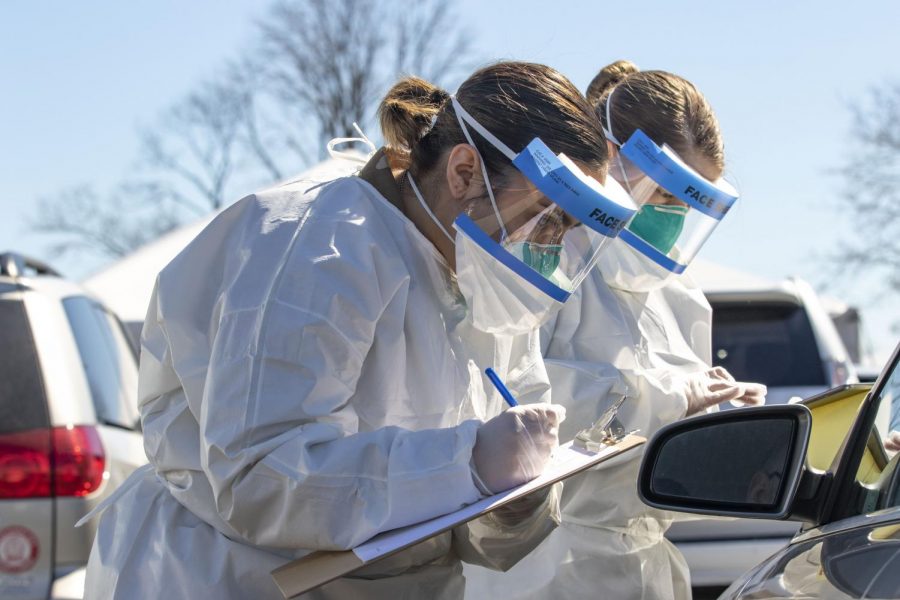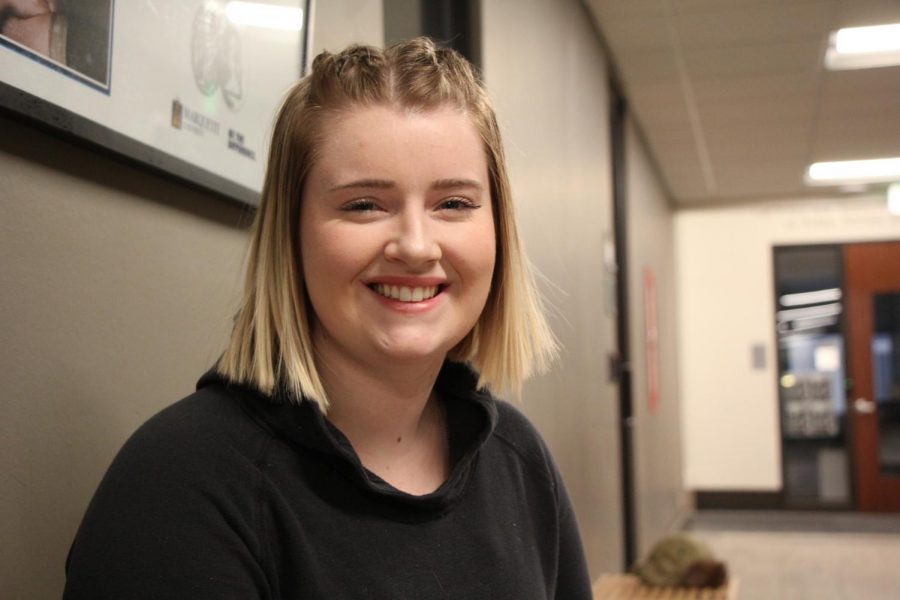Marquette is one of many universities listed as a client of an offshore law firm being investigated as part of the International Consortium of Investigative Journalist’s Paradise Papers project after a major data leak released to the public in November.
The law firm, Appleby, is a major subject in the ICIJ’s investigation, as a closer look at the documents shows many influential people and institutions around to world who are current and former clients of the firm. Some have used the offshore haven to avoid taxes by stashing money in offshore accounts.
But such a link does not necessarily mean that Marquette is guilty of illegal offshore activity. According to the ICIJ’s webpage for their Offshore Leaks Database, there are “legitimate uses for offshore companies and trusts,” a sentiment echoed by Marquette spokesman Chris Jenkins.
Marquette is listed in the database due to their former partnership with United Educators, an insurance company that covers educational institutions around the country.
Jenkins said many universities were having trouble finding insurance to fit the unique needs of higher education during the 1980s insurance crisis, which caused Marquette to become a founding member of UE.
UE began as School, College and University Underwriters, Ltd., a consortium that created liability coverage for a number of educational institutions in 1987, when such coverage was difficult to find due to the insurance crisis.
Several connections to SCUUL are listed in the database, though UE is not listed because the company restructured in 2010 and moved its operations to the United States. SCUUL was an offshore reinsurer of UE until 2010, instead of a direct insurer for institutions.
“It is common for a large insurance firm such as United Educators to affiliate with re-insurers, and these affiliated re-insurers often are based offshore,” Jenkins said in an email.
The offshore affiliations have landed some institutions in hot water, including big-name schools like Texas Christian and Indiana University, who were revealed to have been hiding earnings from oil, gas and coal investments in offshore accounts in a report by The New York Times Nov. 8.
When news came out about the Paradise Papers, UE chief financial officer Mike Horning was prepared to respond. Though the offshore activity by UE was used to avoid regulation, their intentions were not to make a profit from foreign markets, Horning said.
“There’s nothing nefarious or illegal about this,” Horning said. “It’s completely legitimate.”
Horning said the tie to Bermuda has to do with SCUUL’s beginnings, and many large insurance companies such as J.P. Morgan and Marsh McLennan were moving their investments offshore. There is no federal income tax for offshore investments, so it made it easier for the newly formed consortium to afford the liability coverage they needed.
However, the offshore nature of the company became inconvenient as UE expanded, and in 2010 finished reorganizing under Vermont state law.
The consortium now consists of 1,600 representatives from schools, colleges and universities across the U.S., according to their website. Marquette did not renew their coverage with UE in 2010 and is no longer a part of the consortium.
Jenkins said it was a business decision to leave UE, and the university is insured by multiple entities, as is common practice for an institution the size of Marquette.
In the database, Appleby’s connections to SCUUL end in 2010, which correspond with the company’s restructuring.
The ICIJ’s investigation is ongoing, as the institution put out a call for journalists Dec. 1 to work on project Alma Mater to investigate why universities are listed in the leaked Appleby documents.

